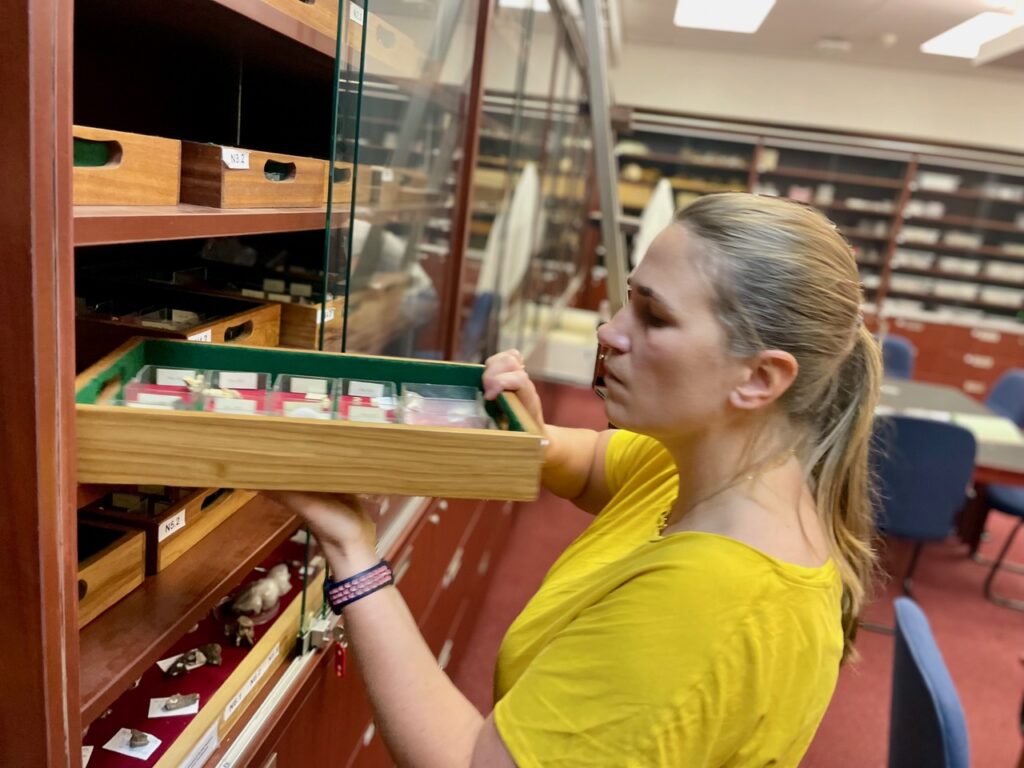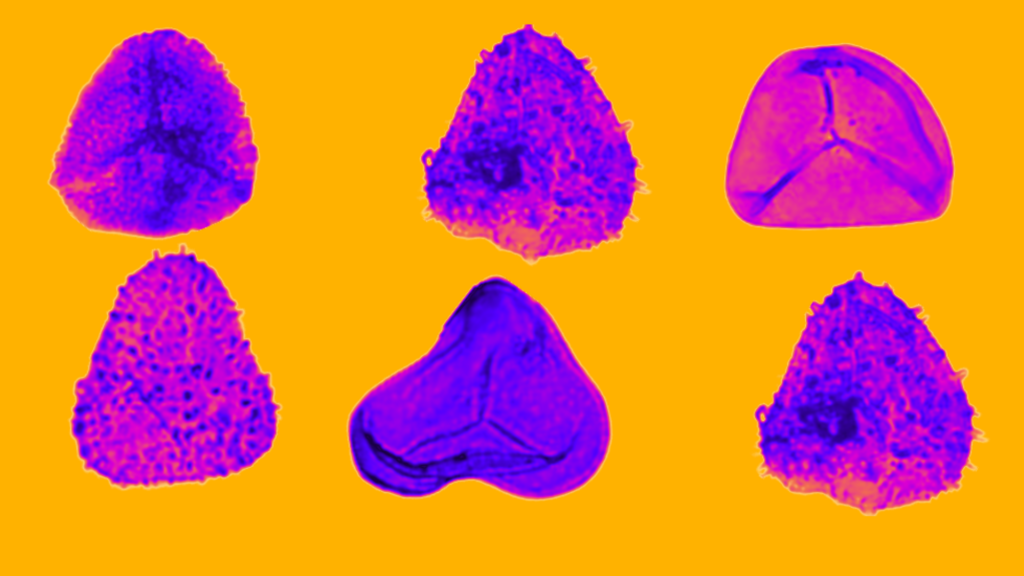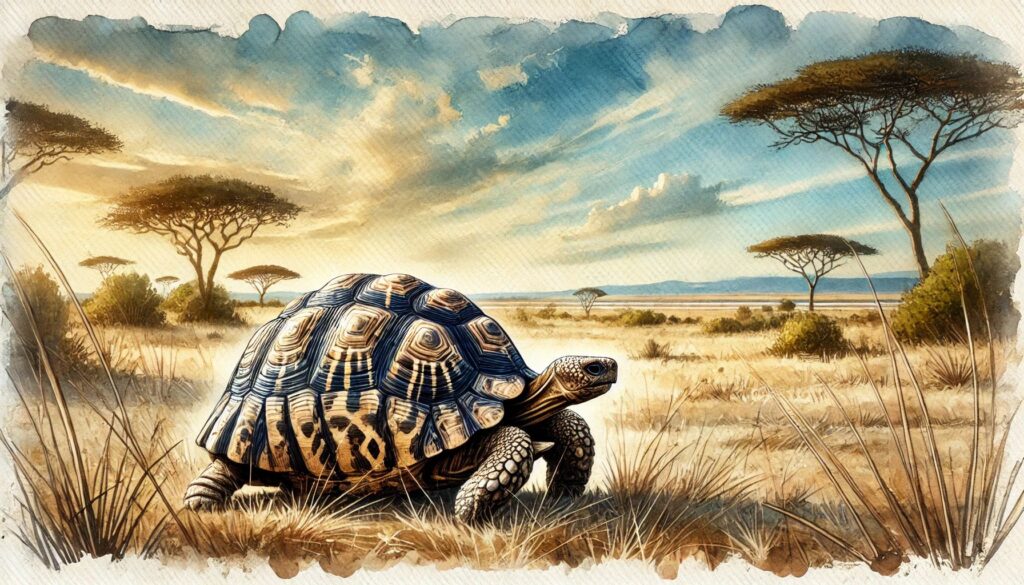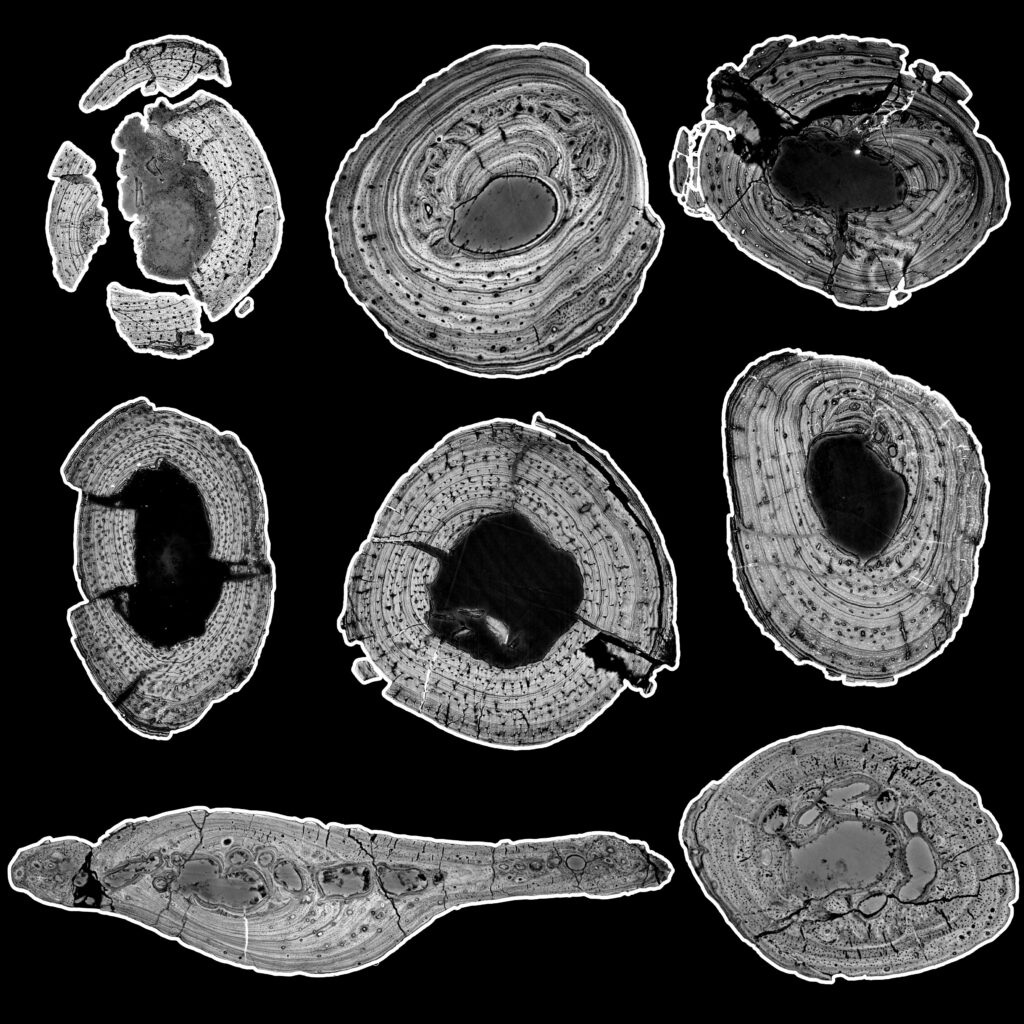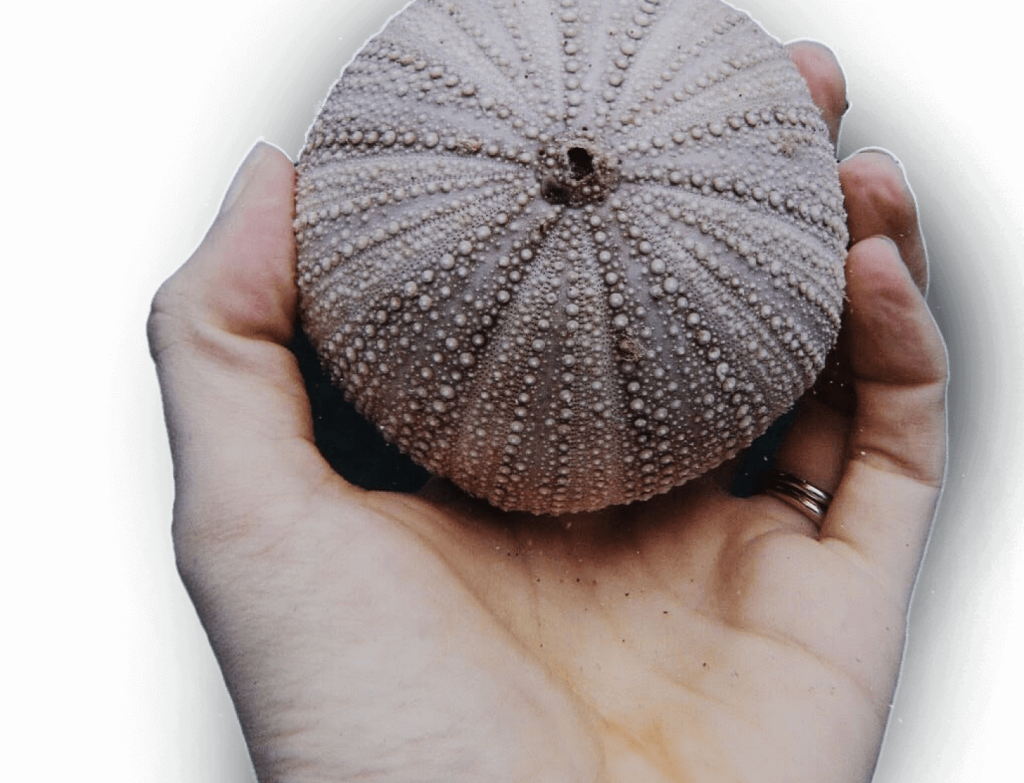Genus on track to inspire a better future

The Department of Science and Innovation (DSI) and National Research Foundation (NRF) Centre of Excellence in Palaeosciences, known as GENUS, is fast-tracking research support, knowledge generation and network expansion in 2022 to inspire a better future for all. Apart from driving inclusivity across diverse palaeo networks, communities and ecosystems in SA, GENUS is raising awareness about the past and driving ground-breaking discoveries to give meaning to the future for researchers and citizens alike.
GENUS is a term used in the biological classification of living and fossil organisms. Project Director Dr Christine Steininger says this reflects the CoE’s ambitious vision to become a network leader of a thriving palaeocommunity that enriches the world and preserves our future.
Established in 2013 as one of the key Centre of Excellence programmes run by the DSI and NRF, GENUS focuses on enhancing research excellence and capacity development, enabling researchers to collaborate across disciplines and institutions on long-term projects that are locally relevant and internationally competitive.
This year’s work is about driving accessibility to communities and holistically addressing the barriers of entry into palaeosciences.
“We want to ensure greater access to development and opportunities for emerging scientists,” says Dr Steininger.
“While accessibility is key, we also want to strengthen research into big picture thinking that continues to incorporate a trans-disciplinary approach in answering some of the questions around current and future global issues.”
“Over the course of the Earth’s 4.6-billion-year journey around the sun, myriad organisms have moved in and out of existence, creating an incredibly complex and infinitely fascinating system. From oxygen-producing cyanobacteria to the innumerable organisms and creatures that inhabit our oceans and terrestrial landscapes, palaeoscience seeks to understand the origins of past life and thereby gain valuable insights into the future,” She says.
SA’s rich palaeontological, palaeo-anthropological and archaeological record provides a unique competitive advantage to heritage-related scientists and practitioners from the country and around the world.
“We have been working to keep pace with the changing environment around us, evolving our capabilities, research and importantly, the engagement with stakeholders to drive meaningful inclusivity and diversity. We’ve already begun expanding in these areas and will continue to work with inspiring minds through targeted support and guidance. GENUS will continue to serve the pursuit of improving the understanding of palaeosciences and building a stakeholder community with an interest in the science,” says Dr Steininger.
GENUS has a vast network with access to the best local and global minds in the field, cutting-edge tools, information, funding, technology and support.
“This empowers emerging researchers, postdoctoral fellows, and postgraduate students to further their research, grow their network and contribute to discovering sustainable solutions for society and the environment,” says Dr Steininger.
“This year, we are enhancing our efforts to bring together researchers, students, educational institutes, government, industry and local communities, to create an opportunity to build a shared vision and language to take on the challenges of access, equity, inclusivity and diversity while building on the excellence of palaeoscience research. Together, with a deeper understanding of our past, we can begin preparing for a better future,” she concludes.
“We have been working to keep pace with the changing environment around us, evolving our capabilities, research and importantly, the engagement with stakeholders to drive meaningful inclusivity and diversity. We’ve already begun expanding in these areas and will continue to work with inspiring minds through targeted support and guidance. GENUS will continue to serve the pursuit of improving the understanding of palaeosciences and building a stakeholder community with an interest in the science”
Dr Christine Steininger, GENUS Project Director
